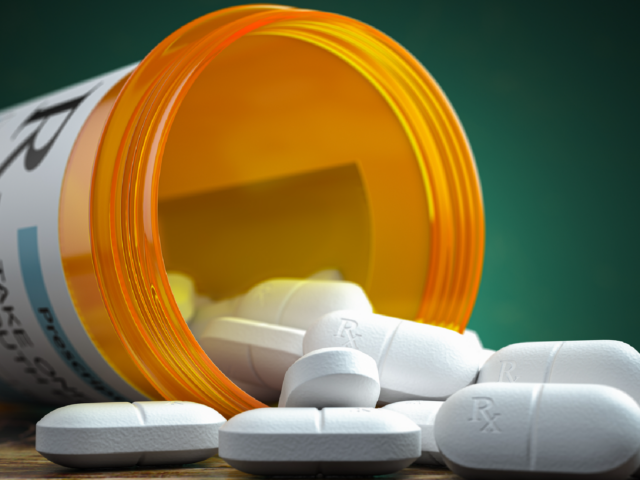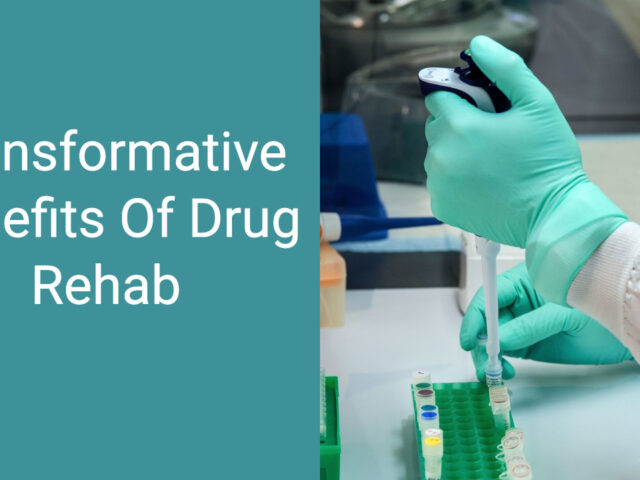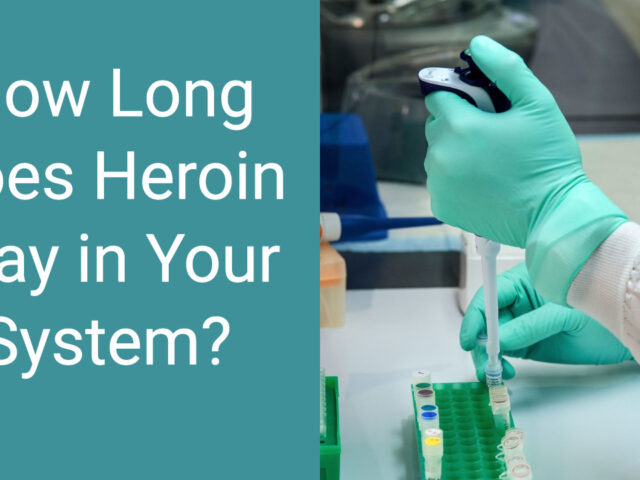While the traditional definition of addiction to a drug does not generally apply when it comes to antidepressants, a person can still become physically dependent on them. Individuals who are overly reliant on antidepressants may not act in stereotypical ways such as those addicted to illegal or prescription drugs. However, abuse of antidepressants can point up a problem that needs to be addressed. Anyone that wonders if they are addicted to antidepressants should seek medical assistance to determine what’s going on and how to address it.
What are Antidepressants?
Antidepressants provide a huge relief to millions who suffer from depression. They work by correcting chemical imbalances that happen in the brain, altering a person’s moods so they are not consumed by depressive feelings. Antidepressants can treat not only depression but also anxiety, panic disorders, post-traumatic stress disorder (PTSD), obsessive-compulsive disorders (OCD), and phobias. They can be used alone or in conjunction with other medications that address certain mood disorder symptoms.
There are five different types of antidepressants:
- MAOIs (Monoamine Oxidase Inhibitors): One of the oldest antidepressants on the market today. They work by inhibiting the action of monoamine oxidase in order to make more neurotransmitters available for mood regulation. Brand names include: Emsam, Parnate, and Nardil
- TCAs (Tricyclic Antidepressants): In the 1950s, the discovery of this category of antidepressants gave more treatment options.These drugs work by inhibiting the absorption of serotonin, norepinephrine, and acetylcholine. Brand names include: Elavil, Tofranil, and Norpramin
- SSRIs (selective serotonin reuptake inhibitors): This relatively newer class of antidepressants works by inhibiting the reuptake of serotonin. Brand names include: Prozac, Celexa, and Zoloft
- SNRIs (Serotonin and Norepinephrine Reuptake Inhibitors): These are a newer group of antidepressants that work by inviting the reuptake of serotonin and norepinephrine. Brand names include: Cymbalta, Effexor, and Savella.
- Atypical Antidepressants: This is a broad category of antidepressants for classes of medications that don’t necessarily fall into the other four categories, but all affect dopamine, serotonin, and norepinephrine in unique ways.
Side Effects of Antidepressants
Side effects that can occur from antidepressants vary, depending on the type and a person’s individual tolerance levels. While temporary consider reporting them to doctor. Some of the most common side effects include:
- Headache
- Nausea
- Diarrhea or constipation
- Dizziness
- Insomnia
- Exhaustion
- Diminished sex drive or ability to orgasm
- Dry mouth
- Change in weight
- Anxiety
- Sweating
- Suicidal thoughts
Antidepressant Use has Increased
From October to December 2020, more than 20 million antidepressant prescriptions were written in the U.S. This demonstrated a 6% increase over the same period a year earlier. It was a 23% increase over the same period in 2015-2016. With this many people taking antidepressants — a number that may increase with the toll taken by living through the pandemic — addiction to antidepressants causes concern in the medical community.
Use of Antidepressants May Be Part of a Bigger Problem
A person who suffers from depression, especially over a lengthy period of time, may look to other sources for relief from their depressive symptoms. While antidepressants can offer a lot of help, there is one thing they do not have in common with the types of drugs to which people commonly become addicted, such as opioids and cocaine. With those types of drugs, a person who abuses them builds up a tolerance, which requires them to increase the amount they take in order to keep achieving the same results.
Antidepressants differ in that taking more than the prescribed amount does not offer better results. In fact, antidepressants don’t make you feel better or get you high. Someone who wants help relieving their symptoms of depression beyond what their prescription antidepressants provide may seek out other sources. Many people end up trying options like painkillers, opioid drugs or stimulants in order to mask their pain. This type of drug usage can quickly turn into abuse.
Being Addicted to Antidepressants May Not Be the Whole Problem
Addiction to drugs and alcohol happens more frequently to people who have mood disorders than their counterparts. Ironically, drugs and alcohol (which is a depressant) can end up exacerbating the symptoms of depression. These substances can also negatively impact the effects the antidepressants have, causing the individual to feel even worse. Unfortunately, a person who deals with both depression and a substance use disorder is unlikely to recognize how the two impact each other. This makes seeking professional help for both issues important.
Addicted to Antidepressants or Other Drugs? There are Treatment Options
Someone who has been using antidepressants for an extended period of time, regardless of whether or not they feel an addiction, may have developed, must be careful when going off the drug. No one should just stop taking a medication like an antidepressant without first discussing it with their physician. The doctor may advise a slow tapering off or other method and may want to monitor the patient’s reaction to reducing and ending the use of their antidepressant. Report any side effects to a medical professional.
A person who has reached the point of being overly reliant on or addicted to antidepressants benefits from a residential program that can provide 24/7 care for both physical and emotional needs. A person who is addicted to antidepressants and any other substances benefits from having both the addiction and accompanying mental illness addressed at the same time. Many residential programs feature treatment plans that help a person conquer their addiction and find alternative ways to manage their depression and any other accompanying mental health issues. A licensed counselor can make an assessment about the level of depression and make any necessary changes in medication.
The use of holistic therapies and activities can help a person cope with and reduce symptoms of depression. These can include massage therapy, Reiki, acupuncture, meditation, breathwork, and yoga. Many people benefit from art and music therapy, which allows them to express their emotions in a creative way. Before a person graduates from a residential program, their treatment team will put together an aftercare plan with their input. This allows them to seamlessly transition to outpatient care that helps them continue their sobriety and manage any remaining mood disorder symptoms.
Drug Addiction Treatment in California
If you are struggling with depression and addiction, you deserve to find professional, compassionate help that addresses both conditions. California Behavioral Health provides evidence-based treatment plans designed to fit the individual in our beautiful Palm Spring location.
Contact California Behavioral Health now and let us explain how we can help you gain control of your life.










